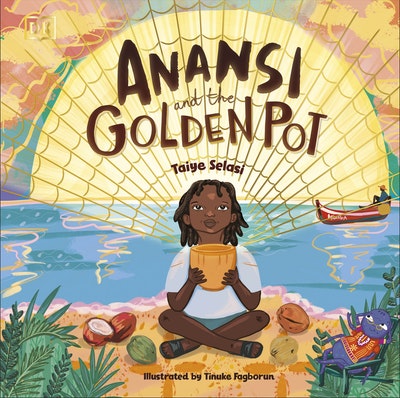
Even more interesting, from a certain perspective, is the way science (or maybe I should say “science”) comes into the picture. Windows, mirrors, lenses, crystals, and eyes have special powers. Music can call forth souls and link people from far away. He writes about artists, musicians, poets, and magicians. Hoffmann’s stories teem with strange, whimsical, disorienting life. You know that famous artist who got in a fistfight last week? He’s in this story, along with a doctor, a witch, the honorable Councilman, and the King of the Salamanders. Rather, his stories take place in Dresden, or in Sorrento, right here, right now - or some version of right here and right now that you haven’t quite got the eyes to see. Hoffmann doesn’t write stories that take place long ago and far away, or in another forest, or to peasants you’ve comfortably never heard of.

I think the reason he resists categorization is that the main feature of his writing is a kind of blurring of what is real and unreal: a satiric, jaunty commingling of dream, fantasy, reality, the occult, bourgeois life, poetry, music, alchemy, automata, nightmare, and weddings. James, with his malevolent ghosts, or Lovecraft, with his obscene geometries.

I had some trouble coming up with the way I was going to write about these stories (I read Weird Tales, vol.I, and The Golden Pot, which is a great fantastic novella.) It’s easy to pinpoint, say, M.R.

Hoffmann, a 19th-century German author, is really something else. James, but I’m always interested in adding something else. I’ve read most of the 19th- and early 20th-century masters of the genre, from Lovecraft to M.R. I have a weakness for tales of the supernatural, the numinous, the eerie.


 0 kommentar(er)
0 kommentar(er)
